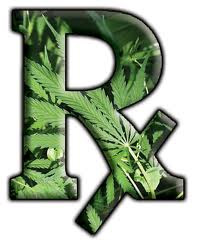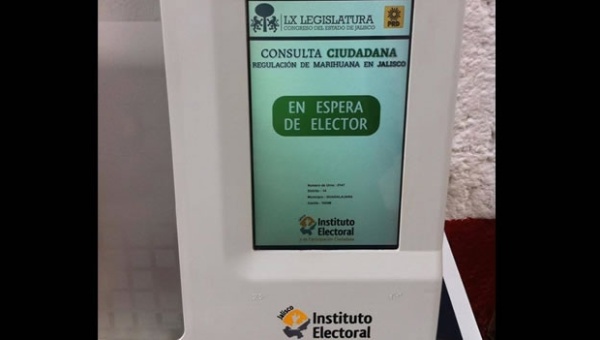Guadalajara, Jalisco, Mexico - Decriminalizing marijuana for terminally ill patients so they can have five plants in their possession is an antiquated proposal, harkening back to the days of herbal medicine and apothecaries, according Jaime Agustin Gonzalez, health secretary of the Mexican state of Jalisco.
"I realize that pharmaceuticals are based on herbs, but we are in the twenty-first century. There are better methods and medications without the undesired secondary effects," he said, while disagreeing with the second part of the proposal that will permit people to have more than 5 grams of marijuana in their possession. Federal law allows for possession of up to 30 grams.
"So I ask, how many grams does it take to make a marijuana joint? Two grams. So 30 grams is enough to make 15 joints. So is it alright if someone smokes 15 grams per day?" he asked.
Gonzalez's comments come a day after Jalisco initiated a referendum on legalizing medicinal marijuana and increasing the permissible amounts for personal use.
But PRD legislator Enrique Velazquez, who will present the proposal in the local Congress after the referendum, said that the proposed bill does not sanction recreational use, but that it serves to initiate public debate on the issue.
"We believe it is necessary for people to voice their opinion and to participate in the debate. With this referendum, we are trying out a model that has worked in other countries in resolving complex public issues," he said.
The referendum, which results will not be legally binding for local authorities, began on September 17 and shall continue through Sunday, September 21. People can vote on the issue using electronic ballot machines in all 124 state municipalities. Ballots can be submitted by any citizen over 15 years of age.
 |
The Jalisco referendum runs parallel to the debate that has been circulating north of the border as to whether decriminalize marijuana use will be a deterrent to Mexico's drug cartels.
Vice News interviewed retired federal agent Terry Nelson, a former field level commander who worked to prevent the flow of drugs from Mexico to the United States, which is the main source of demand for Mexico's drug trade. Nelson said that before medical marijuana and state legalization in Washington and Colorado, about 10 million pounds of pot were grown in the U.S. every year. But 40 million pounds came from Mexico.
"Is [legalization of marijuana in the U.S.] hurting the cartels? Yes. The cartels are criminal organizations that were making as much as 35-40 percent of their income from marijuana," Nelson said. "They aren't able to move as much cannabis inside the U.S. now."
The effects of legalizing in marijuana in the U.S. on Mexico's drug trade indicate a clear likelihood that affecting the same liberalization of drug policies in Mexico would help to cripple the illicit drug trade even more.
The U.S. Office of National Drug Control Policy said in 2008 that more than 60 percent of the profits reaped by Mexican drug lords is derived from the sale of cannabis in the U.S. market. In 2012, a study by the Mexican Competitiveness Institute found that U.S. state legalization would strip drug smugglers of over 30 percent of their market.


